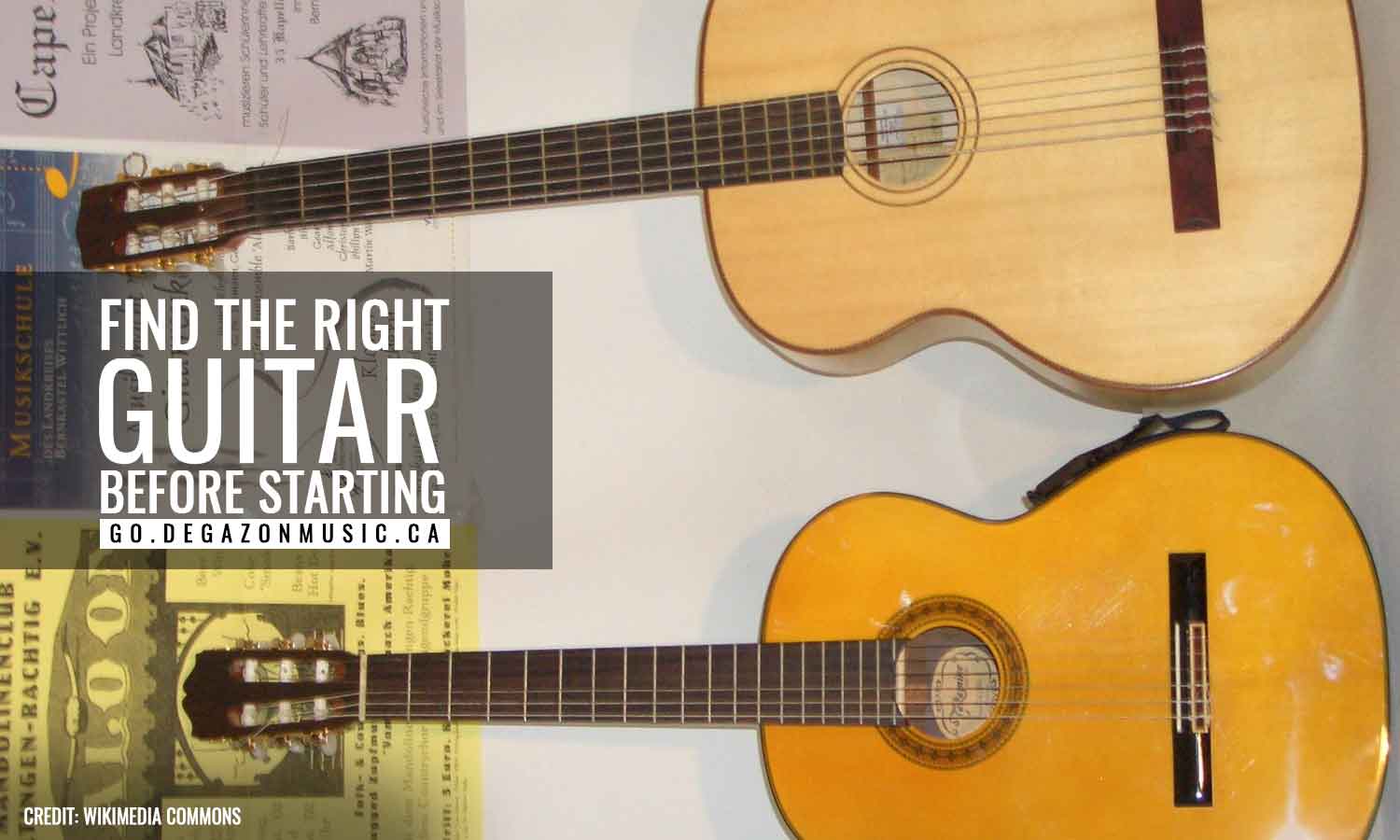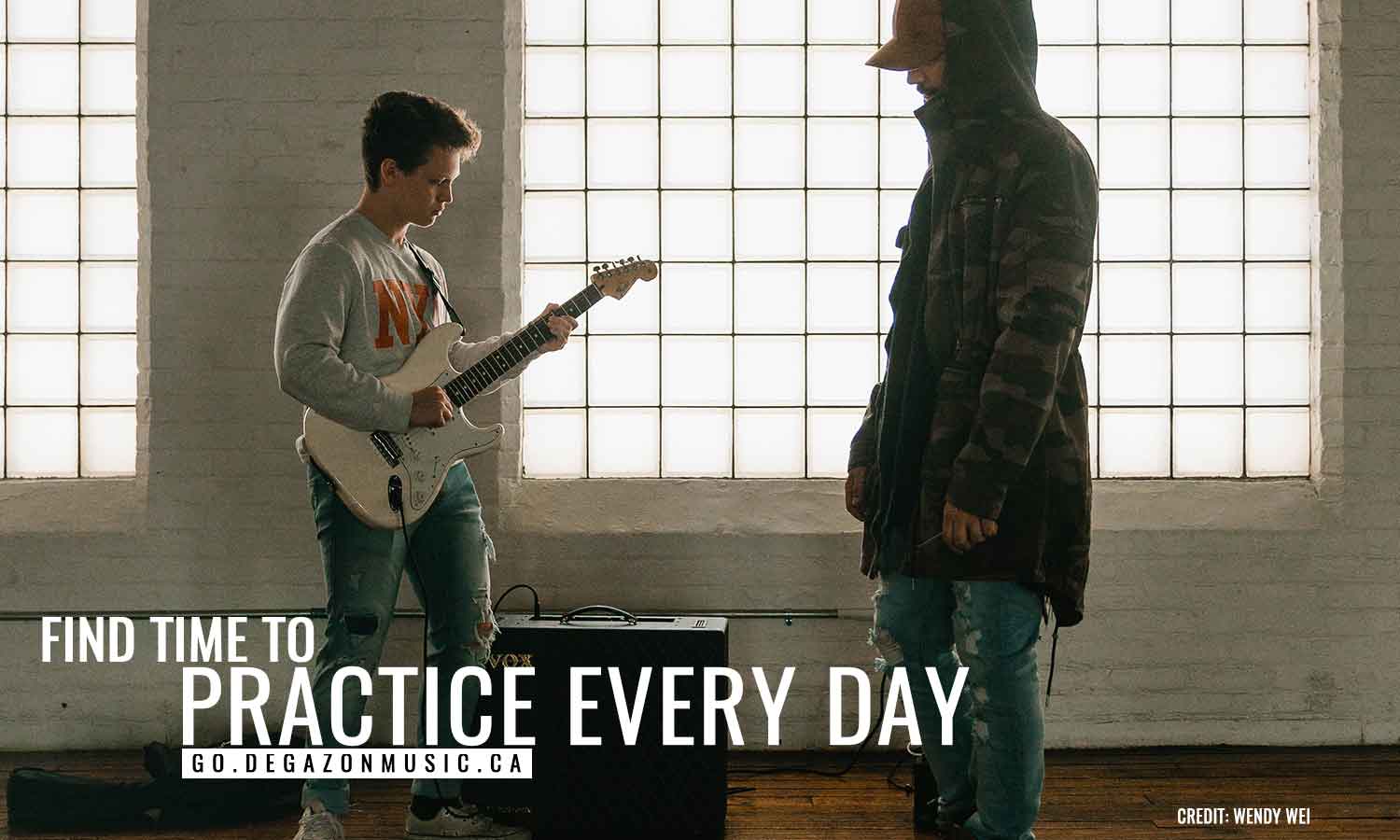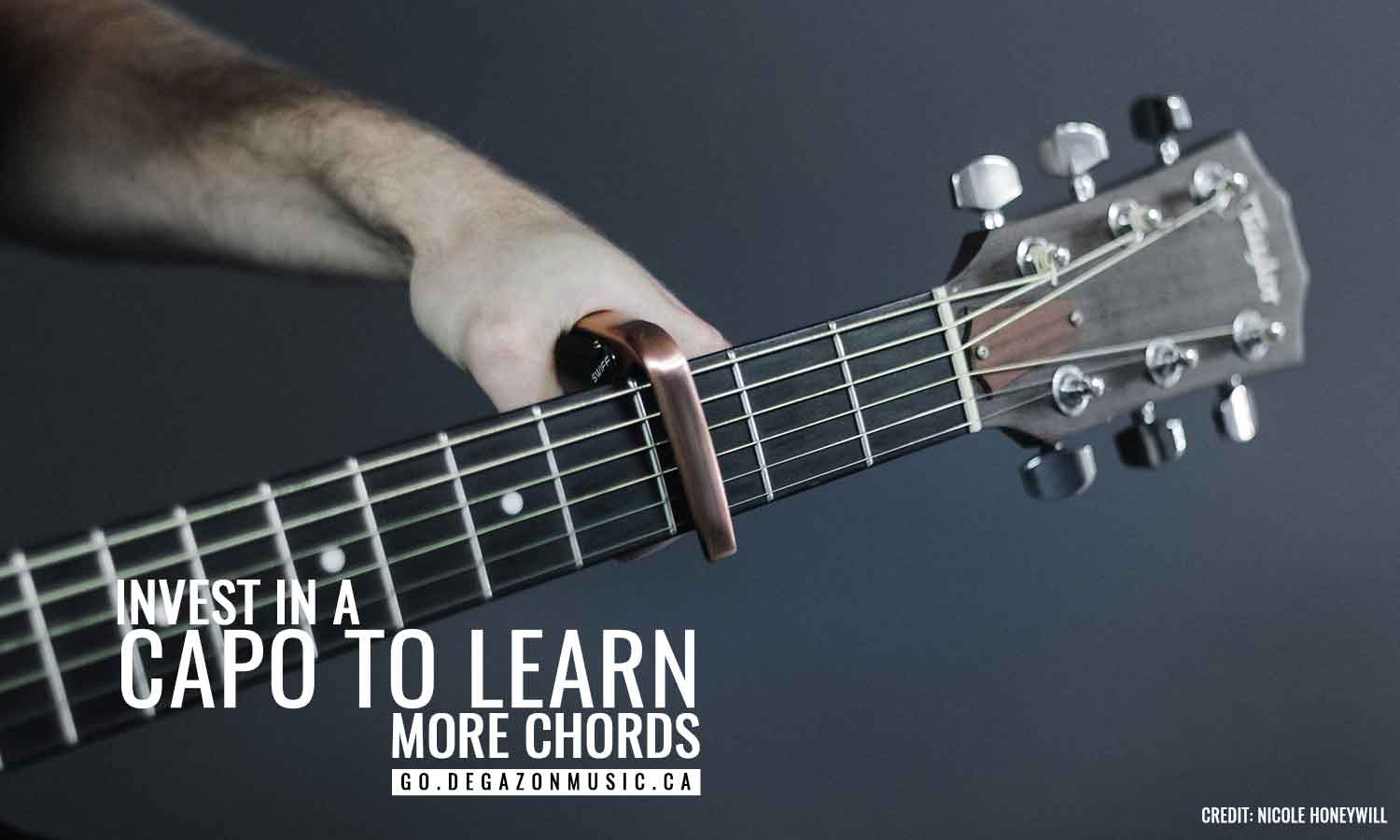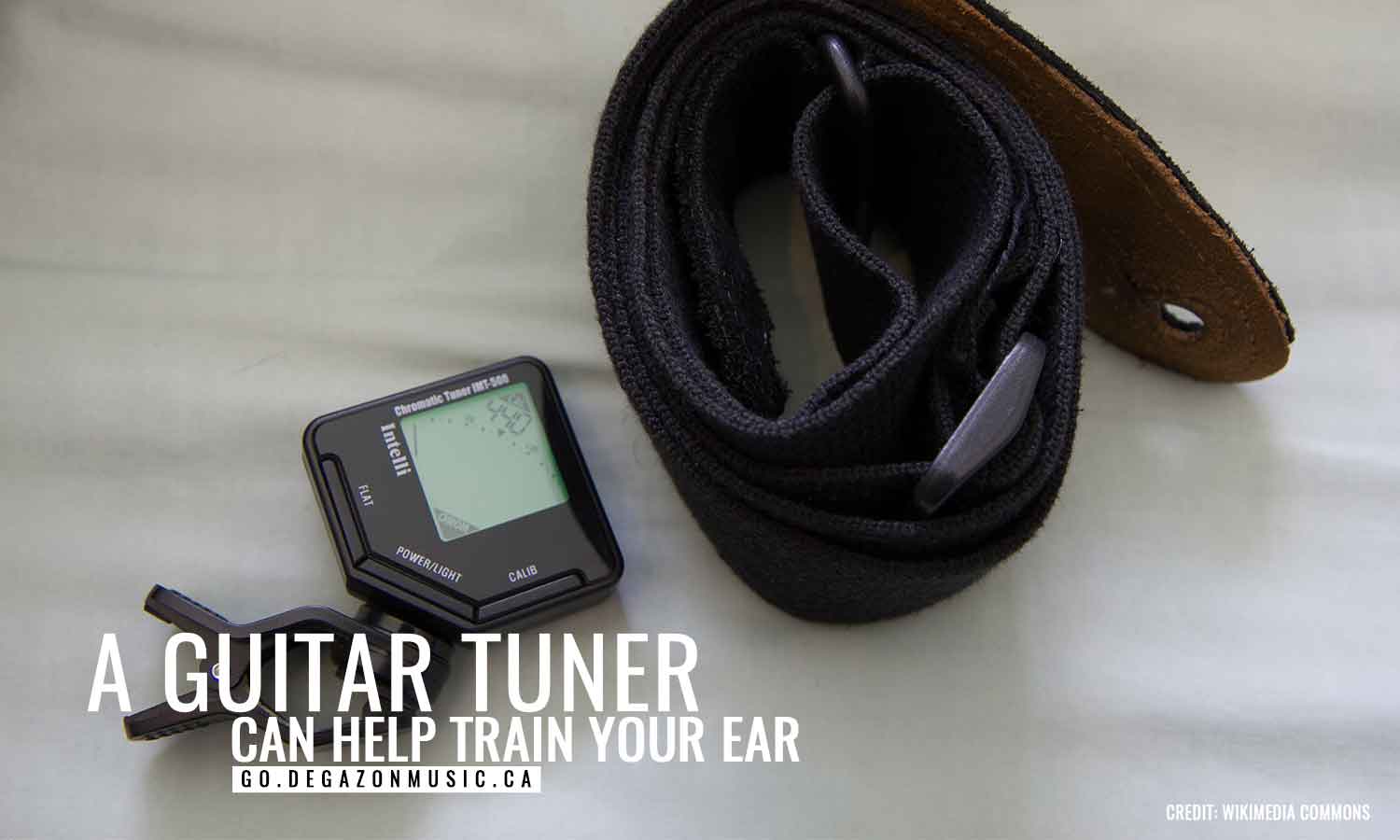10 Easy Guitar Tips for Beginners
Learning music, whether it be with an instrument or with your voice, can be a great hobby in plenty of ways. It’s a cool skill to have, it helps you relax, and it’s an excellent way to build hand strength and coordination. When learning for the first time, there are some ways you can make it easier for yourself. Try out these easy guitar tips that can help you get a head start when you’re trying it out for the first time.
1. Be patient
It always takes time to learn a new skill, much less master it. Learning to play the guitar demands patience and persistence. You may want to learn how to do solos and play by ear, but those are skills that take time to master. Study at your own pace and focus on one goal at a time. Focus on learning a few new things each time. It may seem like it’ll take forever, but with time and dedication, you’ll be playing on your own some day.

2. Buy the right guitar
There are plenty of options when you’re hunting around for a guitar to play with. Sometimes, it can be overwhelming with so many to choose from. It’s vital to find the right guitar for you from the start to make the learning process easier. For example, do you want an acoustic guitar, or electric? Most people start with an acoustic. Most of the basics for the acoustic are transferable to electric later. Acoustic guitars are generally more affordable, portable, and convenient (since you don’t have to hook them up to amps). When you’re on the hunt for the right guitar, try out several ones at the store and get the sales assistants’ feedback. Taking the time to find the perfect guitar for your hands goes a long way toward making the hobby more fulfilling for you.
3. Do some finger exercises
Maybe you’ve heard this advice used in studying other instruments, like taking piano lessons. Do some exercises with your fingers to build up strength, stamina, and coordination in your hands. Practice finger exercises regularly to train your hands to get used to the guitar. These exercises can help you get a clear, refreshing sound when playing. A good background in proper finger exercises can help you get the fingering just right. Correct fingering is key to playing your chords and scales so they come out sounding harmonious clean.

4. Get a good grip
Becoming proficient on the guitar requires learning how to grip it firmly, but properly. How you hold the guitar affects the sound quality. It can take some time to get used to doing it right. Learn how to hold the guitar comfortably, so your fingers are free to reach the strings without holding the guitar in a “death grip.”
Keep your thumb on the back of the neck, not on top, so your fingers have better reach on the strings. Try to bend the knuckles on your fretting fingers as well. That helps you get fret the notes with your fingertips, making each note ring more clearly.
5. Rehearse standing up and sitting down
Beginners usually start by practicing sitting down; but if you’re going to dream all the way, anticipate having to stand while playing. In a chair, beginners tend to hunch over and look at their fingers. However, everything changes once you stand up. For one, it’s harder to see your left hand and what it’s doing. Practice playing while standing to help you get used to the new position. If you have a guitar strap, adjust it to a comfortable level to make holding the guitar easier. Playing while standing is also an excellent way to train yourself to play without looking at what your left hand is doing.

6. Study your chords
Chords are the building blocks of songs. Take time to study basic chords. For example, five easy chords you can start with are C, D, G, E minor, and A minor. The first five chords are the most important chords for many different songs. Once you know these five, it’ll be much easier proceeding with your studies. Taking time to study chords also build hand strength, making it easier for you to play longer and with more precision.

7. Practice every day
“Practice makes perfect” as the saying goes. Get in the habit of practicing every day (e.g. for 15 – 30 minutes at a time). It’s very important for a beginner to make a habit of practicing regularly. Develop a practice schedule for yourself and make regular practice part of your daily routine to make the habit stick. It takes a great deal of time to perfect a skill; keep at it to keep your guitar skills fresh and avoid getting rusty. Think of your practice as something to look forward to every day. That approach helps you from thinking of it as a chore. Remember to schedule some off-time for yourself to help avoid burnout, especially if you’re having difficulty with something. Some time off can help you recharge, then get back it when you’re fresh and rested.

8. Get yourself a capo
A capo is an excellent tool when you need to learn some of the more complicated progressions and chords. Use one to help you transpose a song without having to learn new chords first. For example, if you were to play in a different key, you’d need to learn new chords which a beginner may not know how to play. With a capo, you can place the capo on a specific fret, and play basic chords to get the sound you want. Use a capo as an aid until you’ve developed the strength and dexterity to play those more complex chords without it.

9. Learn how to tune
Whenever you play, it’s vital you make sure the guitar is tuned correctly. This will help you learn the sound of each chord. Download a guitar tuner app for your phone or tablet when you start; beginners often don’t know how the guitar should sound, and a tuner can be a great help. After enough practice, your ear should have enough experience to know what the guitar should sound like without it.
10. Remember to have fun
When it comes to learning a skill, keeping things fun helps. Have fun as you practice at the beginning, especially when you think you don’t sound all that good yet. Play what you like, and keep trying out new ideas to help you get better. Remember, it’s a hobby; have fun, and don’t stress yourself out.
Music is a hobby for all ages. You’re never too old to start enjoying music, whether you want to try out an instrument or practice with your voice. Trying out the guitar can be a challenging hobby at first; but with hard work and patience, it can be a rewarding one.
DeGazon Music Studios provides instruction for eager students looking to try out music and dance. It’s our mission to instill a lifelong love for your chosen craft that you can take with all your life. Give us a call at (416) 527-3769 x1 to register for dance classes or music lessons.
